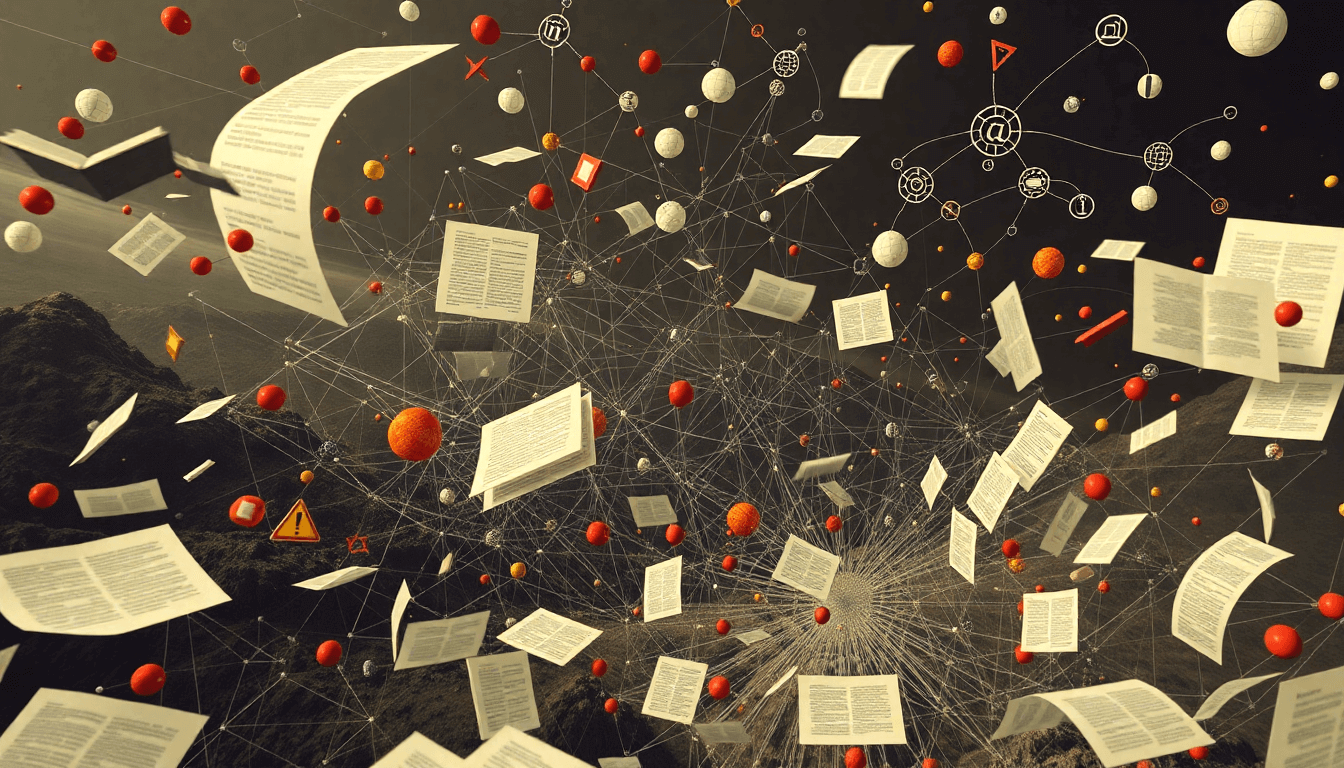In the ever-evolving landscape of human behavior and psychology, there exists a fascinating phenomenon known as the Dunning-Kruger effect. This cognitive bias, first identified by researchers David Dunning and Justin Kruger in the late 1990s, sheds light on the curious relationship between our perceived abilities and our actual competence. Understanding this effect is not merely an academic exercise, but a crucial step in navigating the complexities of personal and professional life.
The Genesis of the Condition
The Dunning-Kruger effect is rooted in the fundamental principles of human psychology. At its core, it stems from our tendency to overestimate our own abilities and underestimate the skills of others. This cognitive bias arises from a combination of factors, including our inherent desire to maintain a positive self-image, the difficulty in accurately assessing our own strengths and weaknesses, and the challenges we face in recognizing the true extent of our knowledge and expertise.
The original research by Dunning and Kruger, published in the Journal of Personality and Social Psychology, explored this phenomenon in depth. They found that individuals who possess limited knowledge or skills in a particular domain often believe they are more competent than they actually are. Conversely, those who are truly skilled in a subject tend to underestimate their abilities, assuming that their level of expertise is the norm rather than the exception.
Historical Context and Evolution
The Dunning-Kruger effect has a rich history, with its roots tracing back to earlier psychological studies on the nature of self-assessment and cognitive biases. In the early 20th century, researchers such as Thorndike and Binet had already begun to explore the disconnect between an individual's perceived and actual abilities. However, it was Dunning and Kruger's landmark study in 1999 that brought this phenomenon to the forefront of psychological research and public awareness.
Since then, the Dunning-Kruger effect has been extensively studied and its implications have been explored across various domains, from education and the workplace to politics and social interactions. As our understanding of this cognitive bias has evolved, researchers have delved deeper into the underlying mechanisms and the factors that influence its intensity and manifestations.
Characteristics and Manifestations
The Dunning-Kruger effect can manifest in a variety of ways, and its impact can be felt in both personal and professional settings. Individuals who are affected by this bias may exhibit a range of behaviors, including overconfidence in their abilities, resistance to feedback or criticism, and a reluctance to seek help or advice from more competent individuals.
In the workplace, the Dunning-Kruger effect can lead to poor decision-making, ineffective problem-solving, and strained interpersonal relationships. Employees who are affected by this bias may struggle to recognize their own limitations, leading to suboptimal performance and missed opportunities for growth and development.
Similarly, in our personal lives, the Dunning-Kruger effect can hinder our ability to make informed decisions, pursue meaningful goals, and engage in constructive self-reflection. It can also contribute to social conflicts and misunderstandings, as individuals may fail to appreciate the true expertise and perspectives of others.
Impact on Personal and Professional Life
The Dunning-Kruger effect can have far-reaching consequences on both our personal and professional lives. In the realm of decision-making, individuals affected by this bias may make choices that are not aligned with their true capabilities or the realities of a situation. This can lead to poor outcomes, missed opportunities, and even costly mistakes.
In the professional sphere, the Dunning-Kruger effect can significantly impact career development and advancement. Individuals who overestimate their abilities may fail to recognize their own weaknesses, leading to stagnation or even derailment of their career trajectories. Conversely, those who underestimate their skills may miss out on valuable opportunities for growth and recognition.
Moreover, the Dunning-Kruger effect can also shape our social interactions and relationships. Individuals who are affected by this bias may struggle to engage in constructive dialogue, as they may be unwilling to acknowledge their own limitations or to learn from others. This can hinder collaboration, undermine trust, and create tensions in both personal and professional settings.
Intensity and Variations
The Dunning-Kruger effect is not a binary condition; rather, it exists on a spectrum, with varying degrees of intensity and manifestations. Factors such as domain-specific expertise, personality traits, and cultural influences can all contribute to the intensity of this cognitive bias.
In some cases, the Dunning-Kruger effect may be more pronounced in certain domains, where individuals possess limited knowledge or experience. Conversely, in areas where an individual has developed a high level of expertise, the bias may be less pronounced, as they become more aware of the true complexity and nuances of the subject matter.
Additionally, individual differences in personality traits, such as narcissism or overconfidence, can also influence the intensity of the Dunning-Kruger effect. Certain cultural and societal norms may also play a role, as some environments may encourage or reinforce the tendency to overestimate one's abilities.
Potential Remedies and Self-Improvement
Overcoming the Dunning-Kruger effect is not a simple task, but it is a crucial step in personal and professional development. The first step is to cultivate self-awareness and a willingness to engage in honest self-reflection. By acknowledging the limitations of our own knowledge and expertise, we can begin to develop a more accurate understanding of our strengths and weaknesses.
Additionally, seeking feedback from others, engaging in continuous learning, and embracing a growth mindset can all contribute to mitigating the effects of the Dunning-Kruger bias. By actively seeking out opportunities to learn and improve, individuals can gradually expand their knowledge and develop a more nuanced understanding of their own capabilities.
In the professional realm, fostering a culture of intellectual humility and encouraging open dialogue can help to counteract the Dunning-Kruger effect. Encouraging employees to seek feedback, acknowledge their limitations, and collaborate with more experienced colleagues can create an environment that is conducive to personal and organizational growth.
Conclusion
The Dunning-Kruger effect is a fascinating and complex phenomenon that sheds light on the intricate relationship between our perceived and actual abilities. By understanding the genesis, impact, and potential remedies for this cognitive bias, we can take steps to cultivate greater self-awareness, intellectual humility, and a commitment to continuous learning and improvement.
Ultimately, the Dunning-Kruger effect serves as a reminder that true expertise and competence are not defined by our own perceptions, but by a genuine understanding of our strengths, weaknesses, and the ever-evolving nature of knowledge and skill. By embracing this insight, we can navigate the challenges of personal and professional life with greater clarity, empathy, and a steadfast commitment to growth and self-betterment.
















